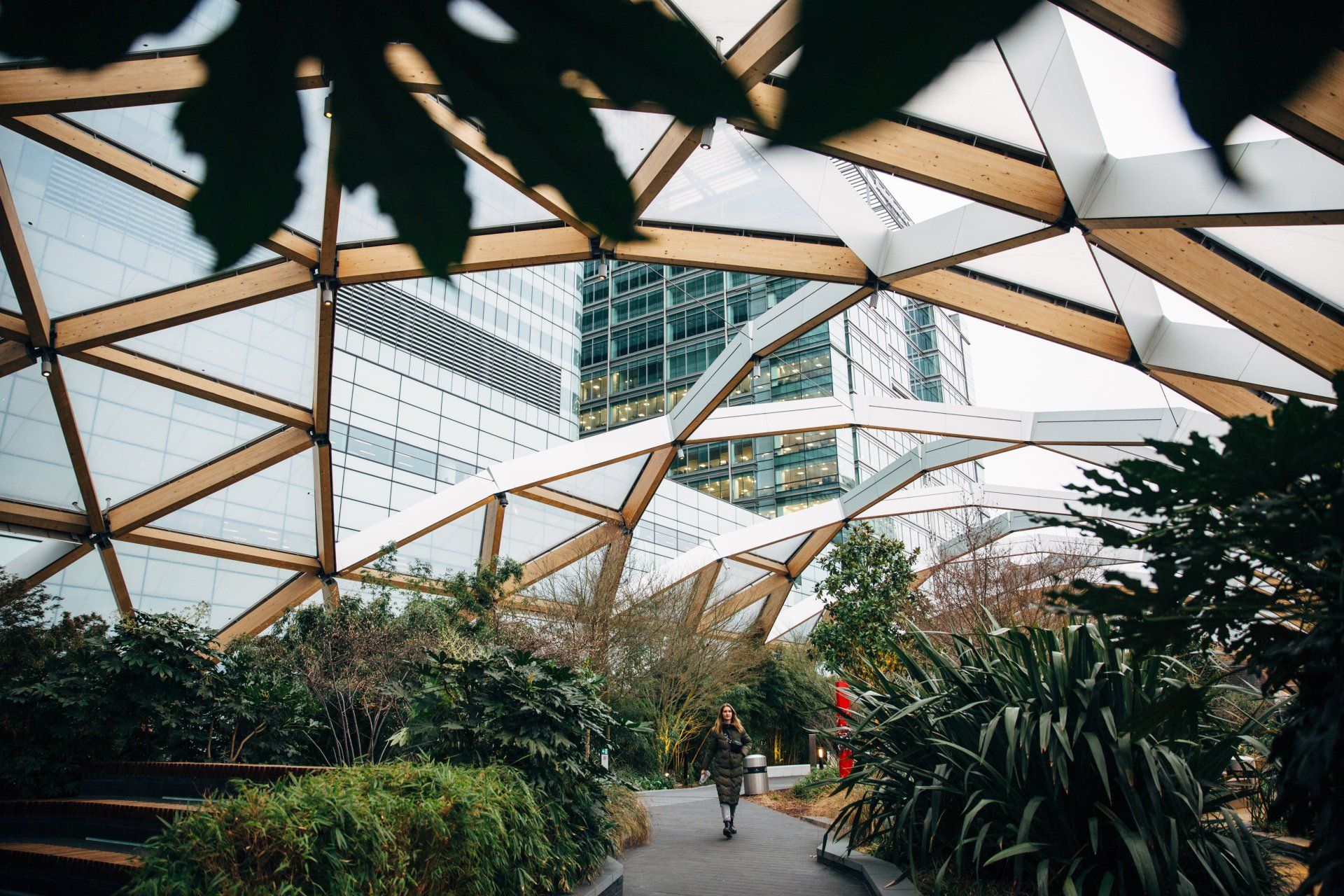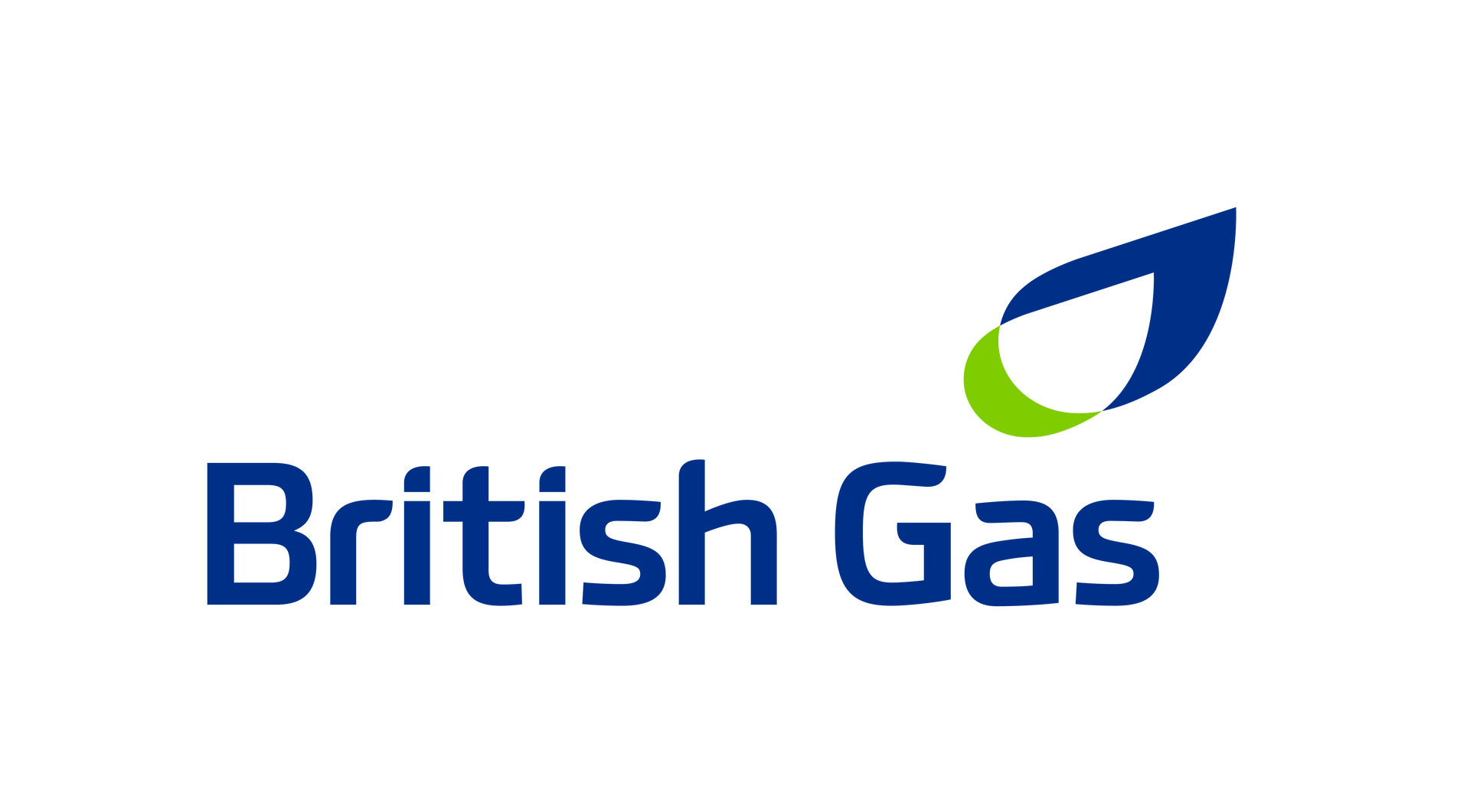Electric vehicles secured an 11% share of the UK’s new car market in August, compared to a 10% share for diesel cars
August marked the first time outside of a lockdown that sales of electric vehicles (EVs) overtook sales of diesel cars according to analysis from the New AutoMotive. And as for petrol cars production fell by a third, an estimated 32,000 petrol cars were registered in August, down from 50,000 recorded the same month last year.
Ben Nelmes, Head of Policy and Research at New AutoMotive, said:
“August’s figures are yet more evidence that the transition to EVs is gathering pace. The UK will benefit if the government acts now to ensure that the charging infrastructure is rolled out rapidly and that people are equipped with the skills they need to get ahead of the curve.”
British Gas Business
With EV’s becoming increasingly more popular and common place, what is your business doing in response? At British Gas our on-site EV charging solutions cover everything from design and finance, to installation and maintenance – simplifying the rollout and minimising disruption to your business. Discover more below.




